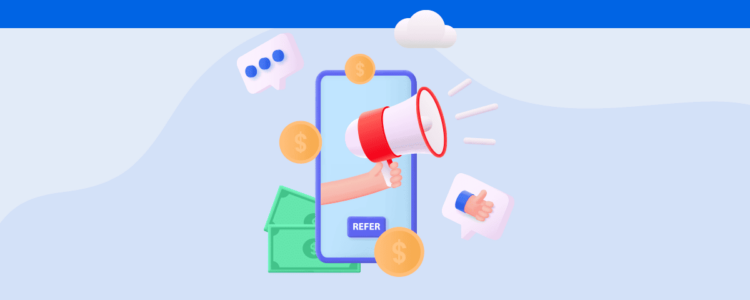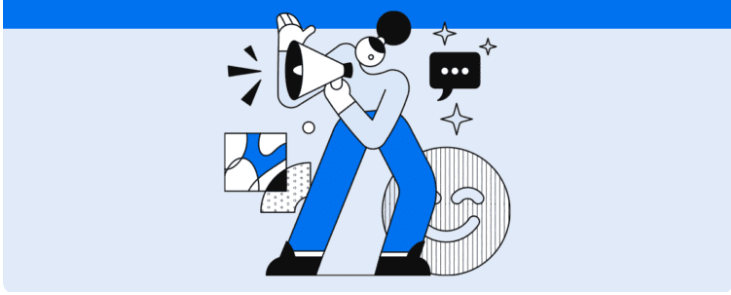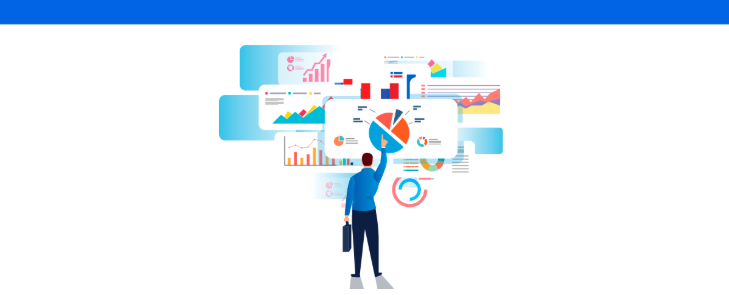Discover what’s changed in Google Ads campaigns and how to use artificial intelligence to create more efficient ads
With the promise of further optimizing advertisers’ experience, Google Ads – one of the leading online advertising platforms – now features a new set of resources and updates transforming campaign creation.
With an increasing emphasis on personalization, automation, and artificial intelligence (AI), the platform introduces several changes to revolutionize how businesses promote their products and services online.
In this article, we’ll explore in detail the changes in campaign creation brought by this update, how the new functionalities can be applied strategically, and the benefits advertisers can expect from this constantly evolving scenario within digital marketing. Stay tuned!
How Does Google Ads Use AI in Campaign Creation?
A primary focus of the new Google Ads is the use of AI in various stages of campaign creation, creating a cycle of learning and development to optimize bids, creatives, targeting, testing, and much more.
Below, we’ll detail the new features and how to apply them to achieve a better return on investment (ROI) with your campaigns. Let’s dive in?
Conversion Value-Based Bid Optimization
By aligning business goals with defined conversion values, it’s possible to enhance the work done by AI. For this, you can shift from a conversion volume approach, such as “Maximize Conversions,” to a value-oriented strategy, like “Maximize Conversion Value” with the option to add the desired Advertising Return on Investment (ROAS), thereby generating even more impactful results.
By defining the value attributed to different types of conversions clearly, Google’s AI understands which are priority in bidding, playing a central role in expanding cross-channel marketing reach and increasing ad quality.
Moreover, constantly updating conversion value information, as new types are added, ensures that bids remain focused on solid business outcomes.
Reaching New Audiences
One of the biggest advantages provided by Google’s artificial intelligence is the ability to expand your business by reaching audience segments previously unknown or unexpected while maximizing ROI.
Unlike before, where targeting was limited to a predefined set of ideal audiences to optimize investment returns, AI now offers the opportunity to reach more conversion-generating customers while maintaining high relevance and ROI.
To accelerate AI’s ability to generate results, sharing unique insights about your customers and purchase history is recommended by the platform, as these data can be leveraged in setting up Performance Max campaigns, where audience indicators are added to provide valuable information throughout the campaign.
Campaign Structure Consolidation
To ensure AI has a complete view and uses all available data to maximize business value, it’s advisable to consolidate campaign structures as much as possible.
For instance, when using Performance Max campaigns, it’s suggested to create multiple asset groups within a single campaign – as long as they have similar bids, locations, and languages – instead of multiple campaigns with only one group each.
Keeping traffic in a consolidated structure allows Google’s AI to optimize minimum ROI, enhancing overall performance. When traffic is excessively fragmented, smart bidding struggles to find the highest number of conversions at the desired value.
Creative Assets
The diversity of ad assets plays a crucial role in the success of paid media campaigns. Thus, in Performance Max campaigns, it’s essential to provide a wide variety of high-quality elements, including text, image, and video.
By offering a greater number of assets, Google’s AI is capable of creating ad formats and displaying them across multiple locations, providing a more personalized and relevant experience for customers, thereby increasing the chances of conversions for the business.
Data-Based Attribution
Shifting to data-based attribution allows advertisers to refine their bidding strategies across all channels. Unlike attributing conversion to the last ad the user interacted with, this approach enables more accurate bid optimization by identifying the most influential touchpoints and channels for generating conversions.
By considering the customer journey more comprehensively, advertisers can make more informed and effective decisions in their campaigns, maximizing advertising impact and ROI.
Customer Information Sharing
By setting a specific acquisition goal in the Performance Max campaign, it’s possible to use AI to define values and bids targeted at new customers, optimizing the strategy to maximize conversions from this audience.
Furthermore, by sharing proprietary data about your consumers with the platform, through precise segmentations and integration of profit or customer lifetime value information, campaign performance can be further enhanced.
Integrating this information through custom columns assists in optimizing the bidding strategy, allowing profit goals to be represented based on different dimensions, such as behavior and geographical location.
How to Analyze Google Ads Results More Efficiently?
With all these changes developed in conjunction with AI, we can see that Google creates a cycle that improves campaign learning and provides inputs to make them more efficient.
However, for this to happen, an essential step is analyzing the results and continuously optimizing ads and campaign settings.
Thus, for more accurate tracking of Google Ads metrics, you can count on Reportei! Our reports and dashboards capture data from all campaigns in seconds, offering all the necessary resources to help in gaining valuable insights.
Additionally, it’s possible to monitor platform results in conjunction with other channels, allowing for an integrated
view of your digital marketing strategies.
Take advantage of our 3-day free trial and discover how Reportei helps in making more accurate analyses of Google Ads and other channels!



